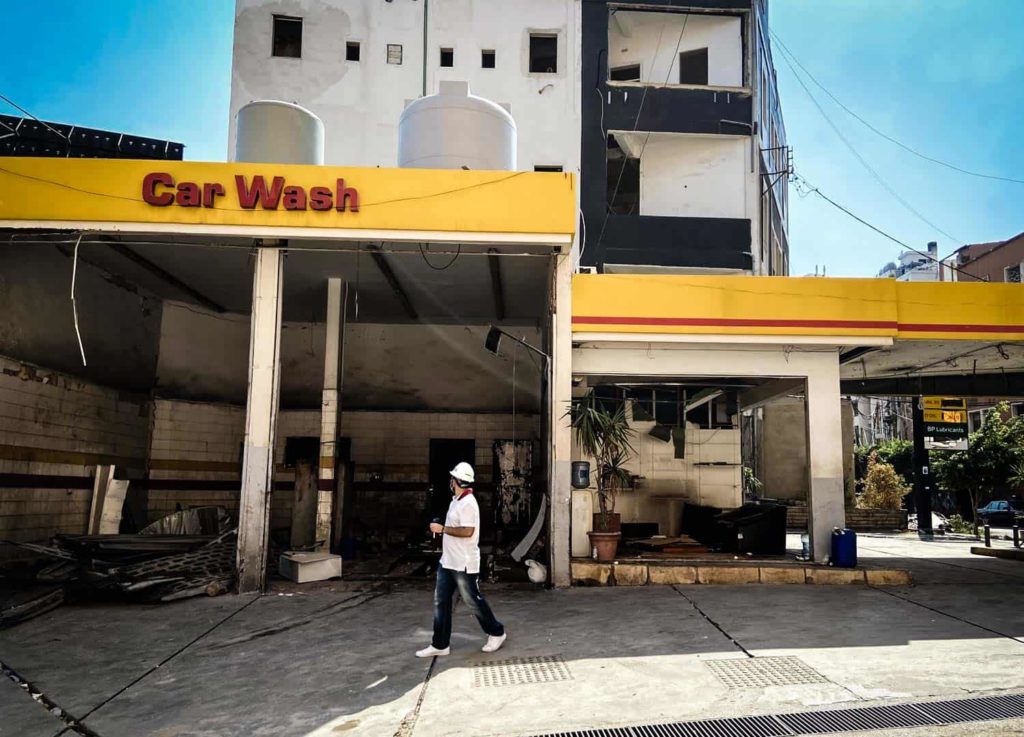It has been over 56 days since the massive explosion in Beirut wreaked havoc across the city. Unfortunately, the overall situation has yet to improve. As of October, less than 8% of the damaged buildings littering Beirut have been repaired. The Lebanese people are suffering due to a conglomeration of crises.
The Lebanese Political Crisis
Since September 2019, deteriorating living conditions have prompted massive protests, clashes and unrest amongst the Lebanese people. Whenever a confrontation happens between political parties, fear of escalation and a repetition of the 1990’s civil war sweeps across the nation. This has taken a massive toll on the mental health of much of the Lebanese population. No one feels safe or at ease.
The Lebanese Financial Crisis
Already in one of the biggest financial crises in Lebanese history, the country’s economic turmoil was seriously aggravated by the Beirut Blast. This year, the Lebanese pound abruptly inflated and average costs have soared to more than 500% while salaries remain the same. At the same time, the unemployment rate has steadily risen to all-time highs.

The heavily damaged grain silo at the Port of Beirut
The Covid-19 Crisis
Then, COVID-19 hit. This caused mass layoffs and reductions in salaries by half or more. In a country mainly dependent on imports, most of the Lebanese families lost ten times the average purchasing power in just six months. The elderly have lost their retirement savings while the younger generation make barely enough to feed their families. Silos containing 85% of Lebanon’s grains were demolished in the explosion. Because of this, food shortages are further inflating the cost of grains and wheat, greatly limiting the availability of these primary food sources. This has caused the quality of food to drop substantially, while sales of dangerous and expired produce has soared.
Basic Needs
Hundreds of thousands of people lost everything in an instant. Before the blast, their biggest comfort from the turmoil around them was in their homes, the one place they could find peace. For many, these homes are now nothing more than destroyed shells, empty remnants and reminders of their past hopes and dreams. Hopes and dreams they can no longer afford to upkeep and have no hope to ever repair.

The majority of buildings in the blast radius have had their windows completely blown out.
The Beirut Blast
The explosion shattered the houses, lives, and hearts of the Lebanese people. With no one to reach out to, empty homes and even emptier promises – there is no end in sight. All that remains in a once thriving country is solitude and despair. Over half of the population now live below the poverty line.

Miyamoto engineer Carl Abinader surveys a damaged gas station in Beirut, Lebanon.
The Tenacious Lebanese
Despite losing everything in less than a year, the Lebanese people still hold their heads high, endure and proudly smile. They will greet you in their destroyed homes while offering you the best of what little they have left.
Help us restore their life’s work and their homes. Together we can rebuild their shelter before winter arrives, one piece at a time.









Leave a Reply